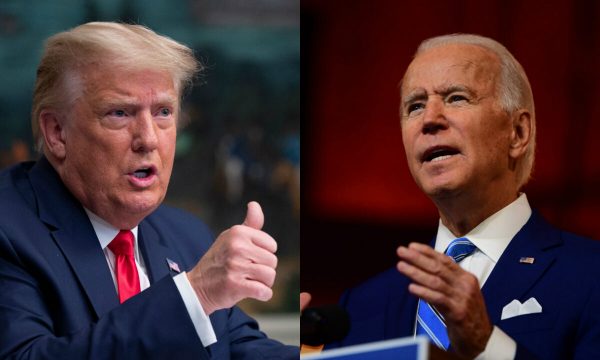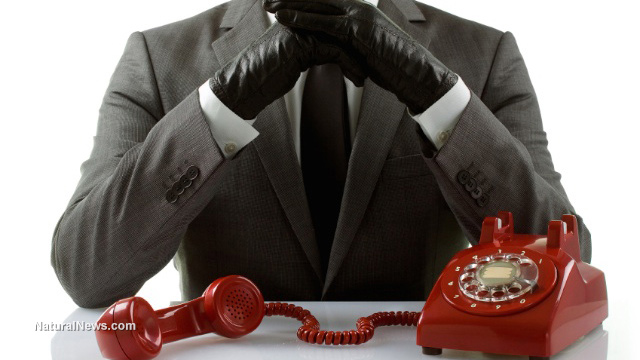 Parler
Parler Gab
Gab
Companies violating the law would be accountable for up to $50,000 per violation
Companies that fail to delete the existing accounts of those under 14 could be sued on behalf of the child who makes an account on the platform. The minor could be awarded up to $10,000 in damages. Corporations determined to violate the law would also be accountable for up to $50,000 per violation, including attorney's fees and court costs. "Ultimately, [we're] trying to help parents navigate this very difficult terrain that we have now with raising kids, and so I appreciate the work that's been put in," DeSantis stated. He earlier vetoed a more prohibitive version of the bill that would have banned social media accounts for children under 16. HB 3 called for Florida residents to submit an ID or other identifying materials to join social media. This comes as attempts to control social media continue to build up across the United States amidst concerns from several parents that the platforms don't do enough to keep their children safe online. Supporters of the law have pointed to new studies connecting social media use among young adults to a greater risk of depression and mental health challenges. It can also make them susceptible to online bullying and predators. (Related: Social media use linked to TEENAGE DEPRESSION, warn mental health experts.) "A child, in their brain development, doesn't have the ability to know that they're being sucked into these addictive technologies and to see the harm and step away from it. And because of that, we have to step in for them," said Florida House Speaker Paul Renner. In answer to the law, TikTok said it has policies to protect teens and will continue to work to keep the platform safe. Critics warn that the Florida state government's attempt to control who uses social media is an example of government overreach. NetChoice VP and general counsel Carl Szabo said the Florida law "forces Floridians to hand over sensitive personal information to websites or lose their access to critical information channels," adding "this infringes on Floridians' First Amendment rights to share and access speech online." "There are better ways to keep Floridians, their families and their data safe and secure online without violating their freedoms," Szabo added. Florida expects to be sued over the recent law, but Renner is confident it will endure any legal scrutiny. "We're gonna beat them, and we’re never, ever gonna stop," Renner said. Watch the video below about the dangers of online social media on children featured in the documentary "Childhood 2.0." This video is from the alltheworldsastage channel on Brighteon.com.More related articles:
Meta intentionally got children and teens ADDICTED to social media to exploit them for profit. New York lawmakers propose new bills to mitigate the negative impact of social media on minors. Social media influencers pushing ASSISTED SUICIDE on children: "It's OK to pass away today." Sources include: ZeroHedge.com WSJ.com NBCNews.com Brighteon.comPOLL: Trump favored to win as voters doubt Biden’s ability to complete another term
By Laura Harris // Share
UN Human Rights Council passes resolution calling for suspension of arms sales to Israel
By Richard Brown // Share
Israeli spy chief BLOWS HIS COVER after authoring a book published on Amazon about AI-driven warfare
By Richard Brown // Share
By News Editors // Share
Governments continue to obscure COVID-19 vaccine data amid rising concerns over excess deaths
By patricklewis // Share
Tech giant Microsoft backs EXTINCTION with its support of carbon capture programs
By ramontomeydw // Share
Germany to resume arms exports to Israel despite repeated ceasefire violations
By isabelle // Share










